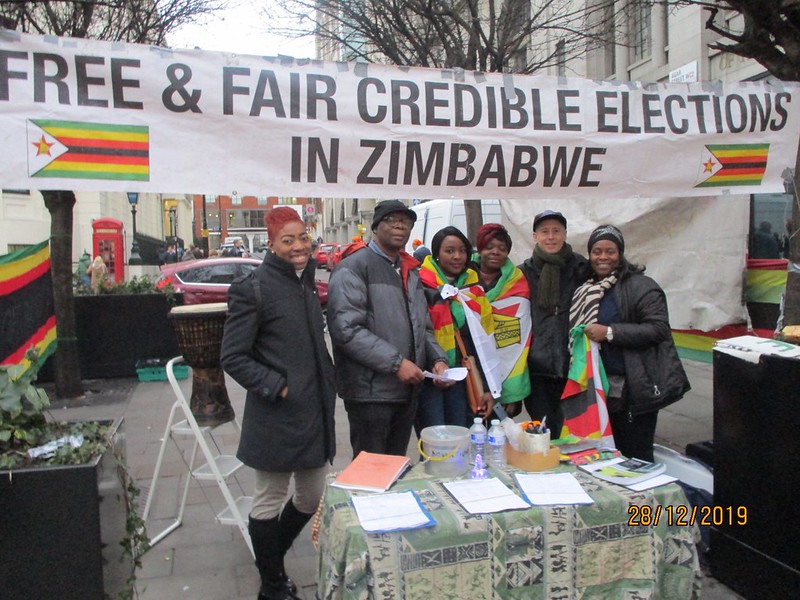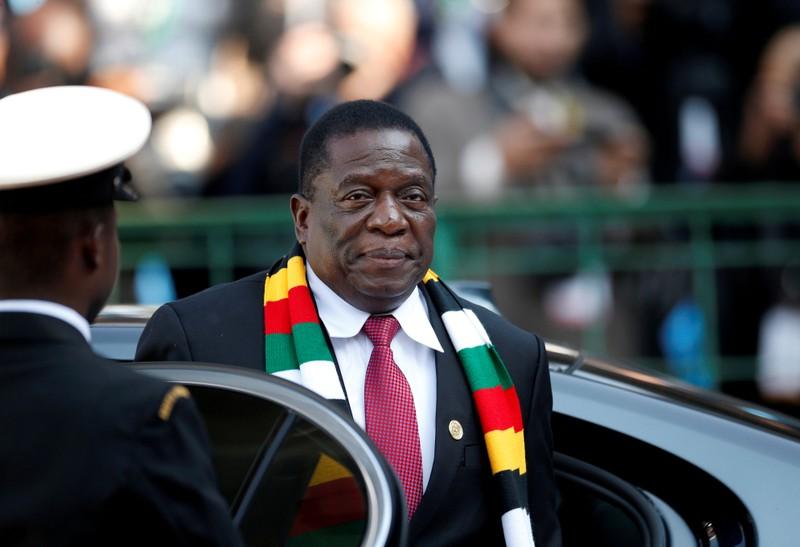
(image via Getty)
Thanks to a confluence of events –- the election of more moderate District Attorneys (some who were former defense attorneys), the proliferation of podcasts like “Serial” and crime series like “When They See Us” and “The Night Of” — more people are aware that it’s possible to be wrongfully convicted and that incarceration is costly, sometimes unnecessary, and often cruel.
The sweeping “woke” movement has prompted changes including reducing federal sentencing on crack-possession crimes, the legalization of marijuana, and a vast rethinking of police procedures: No longer is it “acceptable” to stop and detain young men merely because they are black or Hispanic; police who don’t videotape arrests or interrogations are considered to be hiding something; and, a shoot-first, ask-questions-later philosophy is no longer accepted as proper police practice. Cops are being reprimanded for bad arrests and sometimes even prosecuted for murder, although still rarely convicted.
Groundbreaking changes in how crime is prosecuted in New York begin on January 1, and include compelling the prosecutor to turn over evidence against a defendant early in a case, as opposed to the eve of trial. People accused of most low-level crimes will no longer be thrown in jail simply because they don’t have the money to make bail. Many cities have already instituted similar changes and crime has not risen. The prosecution’s thumb on the scales of justice is slowly being lifted.
“Decarceration” (the process of getting people out of jail) has become as debated a topic as incarceration. Exoneration initiatives have proliferated, and stories of people being released from prison after serving decades of time for crimes they did not commit are commonplace.
All of these changes are welcome and much needed. But I remain cautious.
Our approach to crime, like the political swings of our country, is cyclical, never only moving forward but circling back when things get tough or crime goes up. In the bad old 1980s, when crime was rampant in New York City and property values fell, the “broken window” philosophy took hold, and stop-and-frisk became a tool to address crime. Stop-and-frisk was based on racial profiling. Stop enough young black and Hispanic kids, and cops are bound to find someone with a gun, right? Sometimes they did, but few records were kept of how many thousands of innocent kids were stopped and searched with nothing illegal found. The practice was not only discriminatory, but it created a huge animosity between communities of color and the police. It has not only been discontinued, but even former NYC mayor Michael Bloomberg had to apologize for permitting it to happen under his watch when he recently announced his candidacy for president.
Times change and people’s perceptions of “justice” change with it. That is not due to some massive acceptance of the wrongness of jailing the underclass. It’s merely a reaction to the times. Crime is down. Prisons are costly. Drug abuse (which can lead to incarceration) is no longer just a lower-class phenomenon but affects both haves and have-nots. Because of that, legislative leaders have the leeway to think about the criminal justice system more holistically and not just to build more prisons.
But if the gap between rich and poor grows wider, if poor kids continue to go to poor schools and therefore have fewer opportunities for advancement, and if crime statistics inch up again, we’ll return to the harsh approach of the 1980s a lot faster than it took us to evolve to where we are today.
Whether we continue moving toward greater social justice comes down to three things –- money, judges, and the vilification of “the other.”
Crime brings down property values –- nobody wants that.
Judges determine the interpretation of the law. They’ve got a lot of discretion in that area, and many are coming into this new age of criminal justice kicking and screaming. One judge in New York City was quoted by the Daily News as calling the new bail laws “stupid.”
Then there’s the fact that our conservative president has been appointing conservative federal judges since he took office. While someone’s political affiliation is not necessarily a litmus test of how they’ll rule on the bench, it’s pretty safe to say that certain basic constitutional rights like the right to privacy, which effect how much the government can surveil everything from your social media accounts to your phone conversations, will be impacted in upcoming cases. Miranda rights may be whittled down, and probable cause to arrest is largely still interpreted by a whatever-the-police-say-is-right approach.
Lastly, with the upswing of fear of “the other,” represented in the present day by anti-immigrant speech, a rise in antisemitism, and a concurrent rise in white supremacy movements, gains in the criminal justice system may be short-lived as all of those factors presage an uptick in crime.
In spite of recognition that jails don’t help rehabilitate and should be made more humane, our president has authorized the separation of immigrant children from their parents, detention centers which are little more than cages, and has not provided sufficient funding to appoint more judges to adjudicate their cases efficiently.
So, while we’ve seen some significant, positive changes, continued progress is by no means certain.
Toni Messina has tried over 100 cases and has been practicing criminal law and immigration since 1990. You can follow her on Twitter: @tonitamess.



 Kathryn Rubino is a Senior Editor at Above the Law, and host of
Kathryn Rubino is a Senior Editor at Above the Law, and host of 
 Jordan Rothman is a partner of
Jordan Rothman is a partner of 












